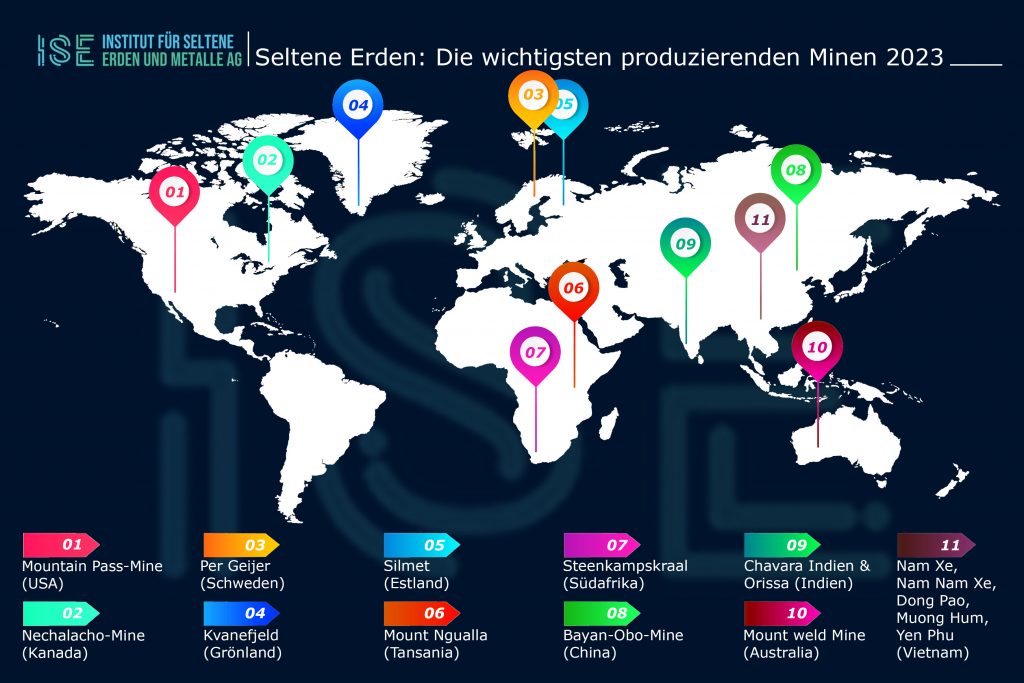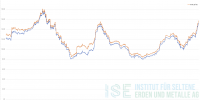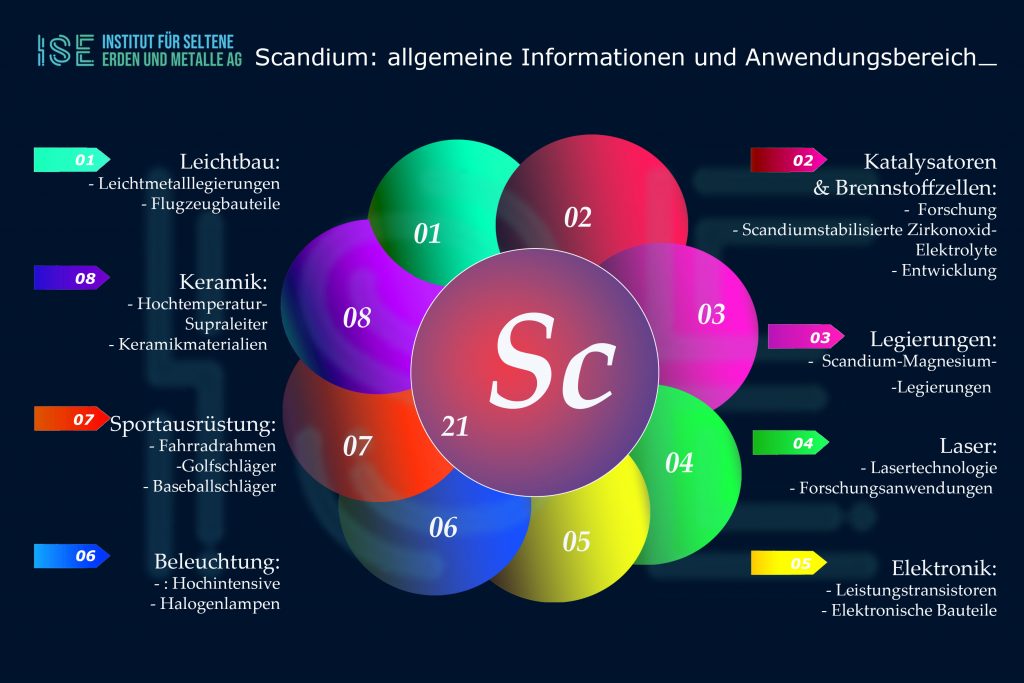China is becoming increasingly self-confident
25.04.2012/XNUMX/XNUMX - While China is presenting itself as a reliable trading partner at the Hanover Fair, German industry is growing uneasy about the giant from the Far East. Because the People's Republic is using its power more and more unabashedly. The West has to adjust to an even tougher pace, especially with raw materials. "We are only at the beginning of this development", warned Sven T. Marlinghaus, partner at the consulting company BrainNet, which specializes in global purchasing, in an interview with t-online.de. Meanwhile, the industry is responding by founding a purchasing alliance.
From the hard bandages can already sing the German wind and solar industry a song. A wind power industry is currently growing in China, warned TÜV Rheinland, which is one of the largest wind farm testers and the world's largest certifier of photovoltaic systems. The photovoltaic show how quickly China builds technical competence. While a wave of bankruptcies is rolling over the German industry, China has not even built up an industry with more than 400 companies within a decade, according to TÜV.
End of modesty
"This approach is typical of Chinese industrial and trade policy," said BrainNet manager Marlinghaus in an interview with t-online.de. Domestic companies would be cherished and looked after by the state and then expansion would take place abroad at competitive prices. "Everyone is nervous - because China is consciously using its power". BrainNet itself has 40 employees in China and sees an end to the reluctance to deal with China's western industry.
The best example of this is the establishment of the Chinese Society of Rare Earths in early April. The umbrella organization for rare earths includes 155 companies, including the large state-owned companies Aluminum Corp of China and China Minmetals Corp. "Of course, these groups are given priority," explained the BrainNet manager. The US, EU and Japan last accused China of manipulating the market in a complaint to the World Trade Organization (WTO) in March.
It remains to be seen whether the newly founded raw materials alliance will help German industry. It has just been officially registered as a GmbH. Ten large corporations have come together in it so far, as the management in Berlin explained. The company wants to get involved both in the development and exploitation of raw material deposits all over the world and in supplying them to international markets in order to “bundle the purchase”, as it was called.
The ten founding companies mainly come from the automotive, chemical and heavy industries: Aurubis, BASF, Bayer, Bosch, Rockwood Lithium, Evonik, Georgsmarienhütte, Stahlholding Saar, ThyssenKrupp and Wacker Chemie. BMW and Daimler are already confirmed as other members. Discussions would lead to about twice the number of interested parties. Prerequisite for membership are activities of the respective company in Germany.
German industry is helpless
In fact, German industry has so far found no remedy for the Middle Kingdom, continued Marlinghaus. That is also because they still have not adjusted to the new situation - this applies above all to the increasingly important rare earths.
Marlinghaus cited the case of a medium-sized German automotive supplier who wanted to remain anonymous: last year he had to accept a price increase in the triple-digit millions for rare earths in the case of permanent magnets.
Manufacturers must participate in mines
Marlinghaus recommends buyers to be more present locally in the respective procurement markets. Market signals and structures would be detected better and faster. At present, the qualification is not sufficient to predict future price shocks, especially for new technologies, and to compensate for them with predictive disposition. For example, buyers can hedge against strong price fluctuations by hedging. However, this is far too rare, as the collaboration between the finance department and purchasing is often not optimal.
In addition, German companies would have to think long-term and counter the Chinese power through direct investment. So German companies should acquire interests in mines or plantations. In fact, only about a third of the rare earths are stored in China; there are large deposits especially in Australia.
China builds a freighter fleet
"China is clearly ahead of the West in long-term strategic planning," observes the manager. Beijing, for example, is deliberately building a fleet of freighters to transport raw materials. In addition, the country is buying shares in raw material companies everywhere.
Argentina has just felt this urge to expand: Apparently, the Chinese state-owned company Sinopec joined forces with the Spanish oil company Repsol. The Chinese wanted to buy the shares in the Argentine oil company YPF from Repsol, reported the "Financial Times". One of the reasons why Argentina partially nationalized YPF.
More recycling needed
Another antidote to the Chinese buying frenzy in raw materials is recycling and closed recycling circles, continued Marlinghaus. So it can not be that unused cell phones lying around in drawers. In addition, the manufacturers would have to intensify research for alternatives, especially for rare earths. For example, Siemens is looking for a replacement for the materials in permanent magnets.
All in all, the BrainNet partner advised the industry to conduct an in-depth analysis of trade relations with China: "German companies underestimate the challenges that China will face."
(t-online.de - Frank Lansky, with dapd)



